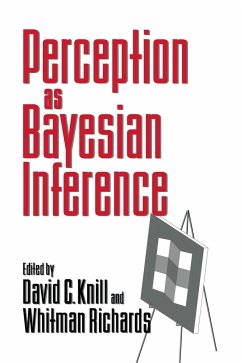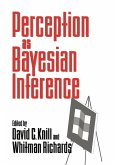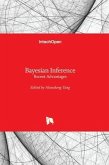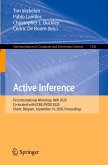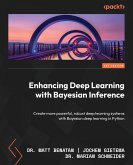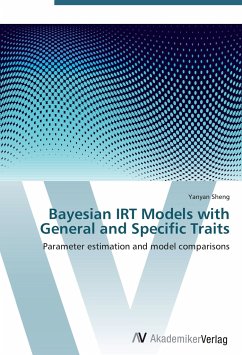In recent years, Bayesian probability theory has emerged not only as a powerful tool for building computational theories of vision, but also as a general paradigm for studying human visual perception. The Bayesian approach provides new and powerful metaphors for conceptualizing visual perception, suggests novel questions to ask about perceptual processing, and provides the means to formalize theories of perception that make testable predictions about human perceptual performance. This book provides an introduction to and critical analysis of the Bayesian paradigm. Chapters by leading researchers in computational theory and experimental visual science introduce new theoretical frameworks for building perceptual theories, discuss the implications of the Bayesian paradigm for psychophysical studies of human perception, and describe specific applications of the approach. The editors have created a critical dialogue of ideas through the authors' commentaries on each others' chapters, conveying to the reader a unique appreciation for the issues and ideas raised in the book.
Hinweis: Dieser Artikel kann nur an eine deutsche Lieferadresse ausgeliefert werden.
Hinweis: Dieser Artikel kann nur an eine deutsche Lieferadresse ausgeliefert werden.

